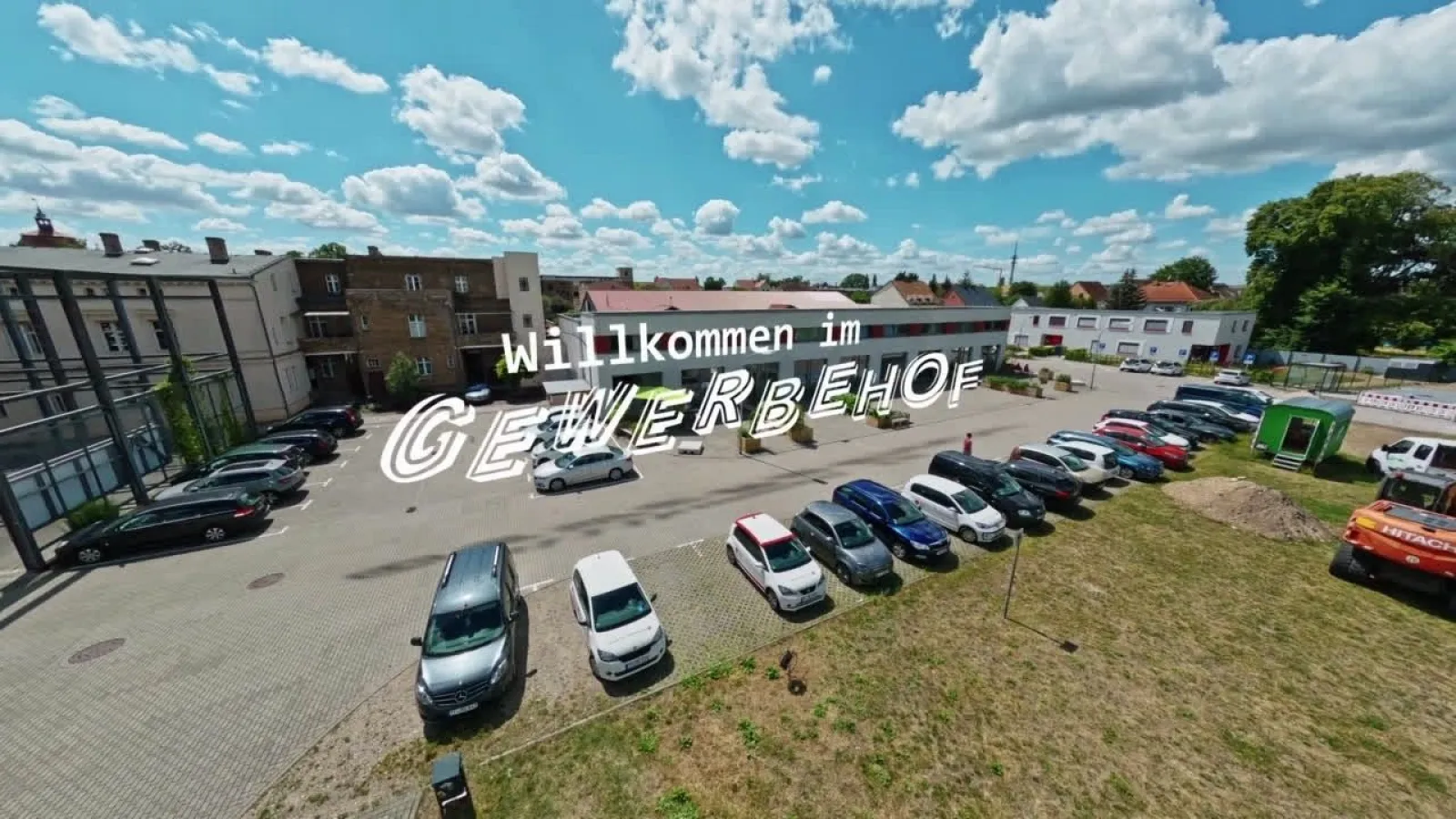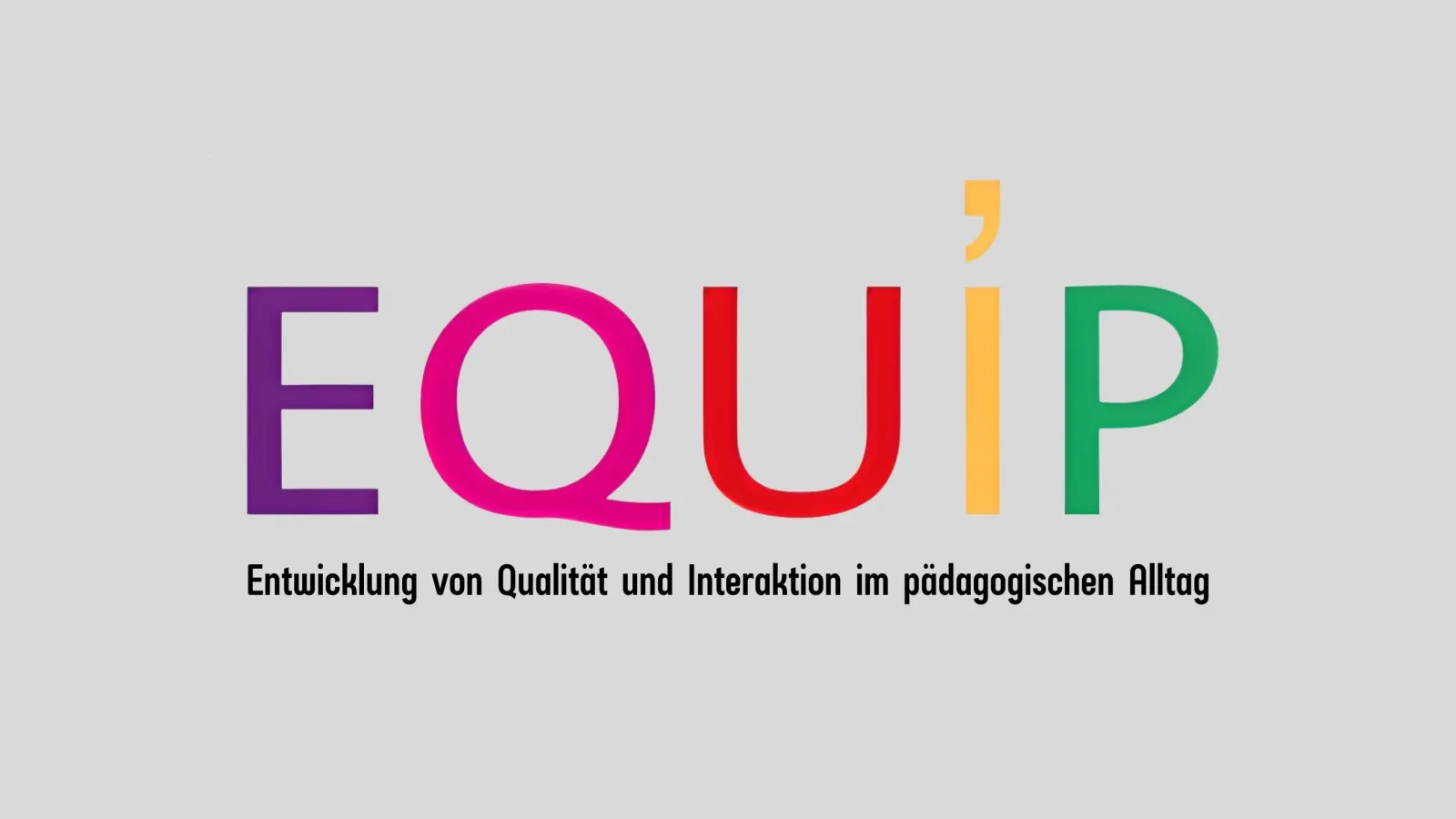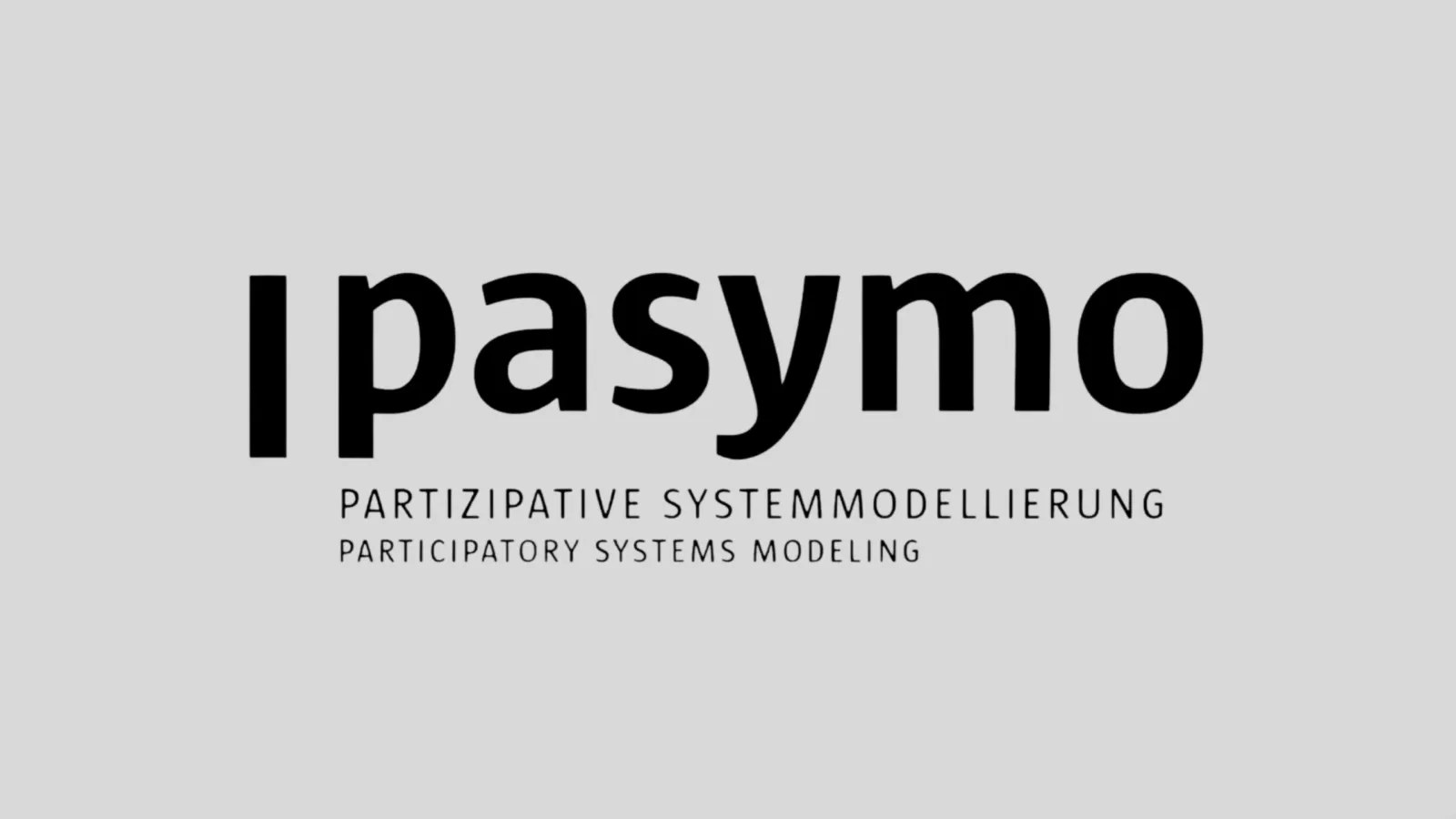Artikel in peer-reviewed Fachzeitschriften
2022
-
Hoey, J., & Schröder, T. (2022). Disruption of social orders in societal transitions as affective control of uncertainty. American Behavioral Scientist. doi:10.1177/00027642211066055.
2021
-
Luthardt, J.‡, Morgan, J.H., Bormann, I, & Schröder, T. (2021). Quantifying emotionally grounded discursive knowledge with cognitive-affective maps. Quality & Quantity. doi:10.1007/s11135-021-01195-7
-
Lorenz, J., Neumann, M., & Schröder, T. (2021). Individual attitude change and societal dynamics. Experimenting with psychological theories. Psychological Review, 28(4), 623-642. doi:10.1037/rev0000291
-
Zöller, N.‡, Morgan, J.H., & Schröder, T. (2021). Modeling interaction in collaborative groups: Affect control within social structure. Journal of Artificial Societies and Social Simulation, 24(4), 6. doi:10.18564/jasss.4699
-
Hoey, J., MacKinnon, N.J., & Schröder. T. (2021). Denotative and connotative management of uncertainty: A computational dual-process model. Judgment and Decision Making, 16(2), 505-550.
2020
-
32. Zöller, N., Morgan, J.H., & Schröder, T. (2020). A topology of groups: What GitHub can tell us about online collaboration. Technological Forecasting and Social Change, 161, 120291. doi:10.1016/j.techfore.2020.120291
-
Luthardt, J.‡, Schröder, T., Hildebrandt, F., & Bormann, I. (2020). „And then we’ll just check if it suits us“ – Cognitive-affective maps of social innovation in early childhood education. Frontiers in Education, 5, 33. doi:10.3389/feduc.2020.00033
2019
- Wolf, I., & Schröder, T. (2019). Connotative meanings of sustainable mobility: A segmentation approach using cultural sentiments. Transportation Research A: Policy and Practice, 126, 259-280.
- Kajiç, I., Schröder, T., Stewart, T.C., & Thagard, P. (2019). The semantic-pointer theory of emotion: Integrating physiology, appraisal, and construction. Cognitive Systems Research, 58, 35-53.
- Schauenburg, G., Conrad, M., von Scheve, C., Ambrasat, J., Aryani, A., & Schröder, T. (2019). Making sense of social interaction: Emotional coherence drives semantic integration as assessed by event-related potentials. Neuropsychologia, 125, 1-13.
2018
- Hoey, J., Schröder, T., Morgan, J. H., Rogers, K. B., Rishi, D., & Nagappan, M. (2018). Artificial intelligence and social simulation: Studying group dynamics on a massive scale. Small Group Research, 49(6), 647-683. (Note: Hoey and Schröder share first authorship)
- Bormann, I., Schröder, T., & Luthardt, J.‡ (2018). Zur diskursiven Herstellung von Innovation. Überlegungen zur Kombination von Kognitions- und Diskursforschung. [On the discursive production of innovation: Combining cognitive science and discourse analysis] Zeitschrift für Diskursforschung, 5 (special issue on innovation research and discourse analysis), 160-182. [Journal of Discourse Studies]
2017
- Schröder, T., & Wolf, I.‡ (2017). Modeling multi-level mechanisms of environmental attitudes and behaviours: The example of carsharing in Berlin. Journal of Environmental Psychology, 52, 136-148.
2016
- Schröder, T., Hoey, J., & Rogers, K. B. (2016). Modeling dynamic identities and uncertainty in social interaction: Bayesian affect control theory. American Sociological Review, 81, 828-855. (Note: paper received two awards – see above)
- Ambrasat, J.‡, von Scheve, C., Schauenburg, G., Conrad, M., & Schröder, T. (2016). Unpacking the habitus: Meaning-making across lifestyles. Sociological Forum, 31, 994-1017.
- Hoey, J., Schröder, T., & Alhothali, A. (2016). Affect control processes: Intelligent affective interaction using a partially observable Markov decision process. Artificial Intelligence, 230, 134-172.
2015
- Wolf, I.‡, Schröder, T., Neumann, J.‡, & de Haan, G. (2015). Changing minds about electric cars: An empirically grounded agent-based modeling approach. Technological Forecasting and Social Change, 94, 269-285.
- Schauenburg, G., Ambrasat, J.‡, von Scheve, C., Schröder, T., & Conrad, M. (2015). Emotional connotations of words related to authority and community. Behavior Research Methods, 47, 720-735.
2014
- Schmidtke, D., Schröder, T., Jacobs, A. M., & Conrad, M. (2014). ANGST: Affective norms for German sentiment terms derived from the affective norms for English words. Behavior Research Methods, 46, 1108-1118.
- Schröder, T., & Thagard, P. (2014). Priming: Constraint satisfaction and interactive competition. Social Cognition, 32(Supplement), 152-167.
- Ambrasat, J.‡, von Scheve, C., Schauenburg, G., Conrad, M., & Schröder, T. (2014). Consensus and stratification in the affective meaning of human sociality. Proceedings of the National Academy of Sciences of the United States of America, 111, 8001-8006.
- Schröder, T., Stewart, T. C., & Thagard, P. (2014). Intention, emotion, and action: A neural theory based on semantic pointers. Cognitive Science, 38, 851-880. (Note: alphabetical authorship)
- Rogers, K. B., Schröder, T., & von Scheve, C. (2014). Affect control theory and the sociality of emotion: Reply to comments. Emotion Review, 6(2), 140-141.
- Rogers, K. B., Schröder, T., & von Scheve, C. (2014). Dissecting the sociality of emotion: A multi-level approach. Emotion Review, 6(2), 124-133. [Target article with invited peer commentary] (Note: alphabetical authorship)
- Homer-Dixon, T., Milkoreit, M., Mock, S. J., Schröder, T., & Thagard, P. (2014). The conceptual structure of social disputes: Cognitive-affective maps as tools for conflict analysis and resolution. SAGE Open, 4(1).
2013
- Homer-Dixon, T., Leader Maynard, J., Mildenberger, M., Milkoreit, M., Mock, S. J., Quilley, S., Schröder, T., & Thagard, P. (2013). A complex systems approach to the study of ideology: Cognitive-affective structures and the dynamics of belief change. Journal of Social and Political Psychology 1(1), 337-363. (Note: alphabetical authorship, Schröder is corresponding author)
- Schröder, T., Rogers, K. B., Ike, S., Mell, J.‡, & Scholl, W. (2013). Affective meanings of stereotyped social groups in cross-cultural comparison. Group Processes and Intergroup Relations, 16(6), 721-737.
- Rogers, K. B., Schröder, T., & Scholl, W. (2013). The affective structure of stereotype content: Behavior and emotion in intergroup context. Social Psychology Quarterly, 76(2), 125-150.
- Schröder, T. & Thagard, P. (2013). The affective meanings of automatic social behaviors: Three mechanisms that explain priming. Psychological Review, 120(1), 255-280.
- Schröder, T., Netzel, J.‡, Schermuly, C. C., & Scholl, W. (2013). Culture-constrained affective consistency of interpersonal behavior: A test of affect control theory with nonverbal expressions. Social Psychology, 44(1), 47-58.
2012
- Schneider, A. & Schröder, T. (2012). Ideal types of leadership as patterns of affective meaning: A cross-cultural and over-time perspective. Social Psychology Quarterly, 75(3), 268-287.
- Schermuly, C. C., Schröder, T., Gläs, K., Nachtwei, J., & Kauffeld, S.. (2012). The future of human resources development: Results of a delphi study. Zeitschrift für Arbeits- und Organisationspsychologie, 56(3), 111-122. [the leading German journal of work and organizational psychology]
2011
- Schröder, T. & Thagard, P. (2011). Motivated cognition and emotional bias in politics: Why Guttenberg has stayed so popular. Report Psychologie, 36(9), 358-368.
- Schröder, T. (2011). A model of language-based impression formation and attribution among Germans. Journal of Language and Social Psychology, 30(1), 82-102.
2010
- Schermuly, C.C., Schröder, T., Scholl, W., & Nachtwei, J. (2010). The Discussion Coding System (DCS): A valid and economical instrument to code interactions in organizations. Zeitschrift für Arbeits- und Organisationspsychologie, 54(4), 149-170.
2009
- Schröder, T. & Scholl, W. (2009). Affective dynamics of leadership: an experimental test of affect control theory. Social Psychology Quarterly, 72(2), 180-197.
2008
- Schröder, T. & Mieg, H.A. (2008). The impact of perceived justice on contingent value judgments. Journal of Applied Social Psychology, 38(1), 135-158.
Andere wissenschaftliche Veröffentlichungen (Bücher, Kapitel, Tagungsbände etc. * = mit peer review)
2019
- *Morgan, J.H., Zhao, J., Sedlacek, A., Chen, L., Piper, H., Beck, Y., Rogers, K.B., Hoey, J., & Schröder, T. (in press). Modeling the culture of online collaborative groups with affect control theory. Proceedings of the Social Simulation Conference (SSC 2019) (pp.?-?). Mainz: Gutenberg-Universität.
- Priebe, M., Szczepanska, T., Higi, L. & Schröder, T. (2019). Partizipative Systemmodellierung als Tool für integrierte Stadtentwicklung. [Participatory systems modeling as a tool for integrated urban planning] Projektbericht. Potsdam: Fachhochschule Potsdam.
- Prytula, M., Schröder, T. & Mieg, H. A. (2019). Inter- and transdisciplinarity. In H. A. Mieg (Ed.), Inquiry-Based Learning: Undergraduate Research (pp. 115-123). New York: Springer.
2018
- Schröder, T., Wolf, I.‡ & Zöller, N.‡ (2018). Einstellungen zu Mobilitätsinnovationen in Deutschland: Ein Computational-Social-Science-Ansatz. [Attitudes toward mobility innovations in Germany: A computational social science approach]. Potsdam: Fachhochschule Potsdam.
- Schröder, T., & Wolf, I.‡ (2018). Psychologische Aspekte nachhaltiger Mobilität: Struktur und Dynamik von Einstellungen zu Mobilitätsinnovationen. [Psychological aspects of sustainable mobility: Structure and dynamics of attitudes toward mobility innovations] In E. Bamberg & C. Schmitt (Eds.), Psychologie und Nachhaltigkeit [Psychology and Sustainability] (pp. 203-213). Berlin: Springer.
- *Hoey, J., Schröder, T., Morgan, J. H., Rogers, K. B., & Nagappan, M. (2018). Affective dynamics and control in group processes. Proceedings of ACMI ICMI Conference (ICMI 2018), Paper 4. New York, NY, U.S.A.: ACM.
- *Szczepanska, T. ‡, Priebe, M.‡, & Schröder, T. (2018). Teaching the complexity of urban systems with participatory social simulation. Proceedings of the Social Simulation Conference (SSC 2018) (pp. 2-14). Stockholm: Stockholms Universitet.
- *Rishi, D., Hoey, J., Nagappan, M., Rogers, K. B., & Schröder, T. (2018). Emotion and interaction processes in an online collaborative network. 4th Annual International Conference on Computational Social Science. Chicago, IL, U.S.A..
- Prytula, M. & Schröder, T. (Eds.) (2018). Städtische Transformationsprozesse. Studentische Forschung Urbane Zukunft, Band 1. [Urban transformation. Student research on urban futures, volume 1]. Potsdam: Verlag der Fachhochschule Potsdam.
- Schröder, T., & Prytula, M. (2018). Sprache und Bedeutung als Grundlagenthemen im Coaching. [Language and meaning as basic topics in coaching] In H. Möller, W. Scholl, & S. Greif (Eds.), Handbuch Schlüsselkonzepte im Coaching (pp. 543-551) [Handbook of key concepts in coaching]. Berlin: Springer.
2017
- Priebe, M.‡, Szczepanska, T.‡, Schröder, T., Prytula, M., & Dörk, M. (2017). Potenziale partizipativer Systemmodellierung in Brandenburger Kommunen (Working Paper). [Application perspectives of participatory systems modelling in municipalities in the German state of Brandenburg]. Institute for Urban Futures, Potsdam University of Applied Sciences.
- *Wolf, I.‡, Röhr, V.‡, & Schröder, T. (2017). Election data can inform simulations of innovation perception. Proceedings of the 2017 Social Simulation Conference (SSC-2017). Dublin, Ireland.
- *Zöller, N.‡, Wolf, I.‡, & Schröder, T. (2017). Political ideology and affective attitudes towards mobility innovation: Comparing survey responses and Twitter data. 3rd Annual International Conference on Computational Social Science. Cologne, Germany.
- Prytula, M., Schröder, T., & Mieg, H. A. (2017). Inter- und Transdisziplinarität. [Inter- and transdisciplinarity] In H. A. Mieg & J. Lehmann (Eds.), Forschendes Lernen: Wie die Lehre in Universität und Fachhochschule erneuert werden kann (pp. 138-147) [Research-based learning: How to renew university teaching]. Frankfurt a. M.: Campus.
2016
- *Wolf, I.‡, Zöller, N.‡, & Schröder, T. (2016). Quantifying persuasion: Experimental grounding of attitude-change simulations. Proceedings of the 2016 Social Simulation Conference (SSC-2016). Rome, Italy.
- von Lupin, M.‡, Geuder, P.‡, Leidinger, M.‡, Schröder, T., & Dörk, M. (2016). Emosaic – Visualisierung von Emotionen in Texten durch Farbumwandlung zur Analyse und Exploration. [Emosaic – Visualizing Emotions in texts through color transformation for analysis and exploration] DHD 2016: Modellierung, Visualisierung Vernetzung. Konferenzband der 3. Tagung des Verbands Digital Humanities im deutschsprachigen Raum (S. 263-266). Universität Leipzig.
- *Jung, J., Hoey, J., Morgan, J. H., Schröder, T., & Wolf, I.‡ (2016). Grounding networked interaction with affective intelligence. In R. Khoury & C. Drummond (Eds.), Advances in Artificial Intelligence: Proceedings of the 29th Canadian Conference on Artificial Intelligence (CCAI) (pp. 52-57). Cham, Switzerland: Springer Lecture Notes in Artificial Intelligence.
- Rauenbusch, J.‡, Ortgiese, M., Schröder, T., Mrosek von Glischinski, M.‡, Goehde, J.‡, Hologa, S.‡, Scheil, M.‡, Veicht, J.-S.‡, & Wiemer, P.‡ (2016). Mobilität von morgen: Ein Zukunftsbild für Berlin und Brandenburg. Potsdam, Germany: Verlag der Fachhochschule Potsdam. [The mobility of tomorrow: A snapshot of the future in the Berlin-Brandenburg region]
2015
- Wolf, I.‡, Gortana F., Herrmann, I., Thiele, P., Heidmann, F., & Schröder T. (2015). Drag-and-drop cognition: Graphical User Interface for cognitive-affective models in multi-agent systems. 2nd GESIS Winter Symposium on Computational Social Science Cologne.
- *Hoey, J., & Schröder, T. (2015). Bayesian affect control theory of self. Proceedings of the 29th AAAI Conference on Artificial Intelligence (AAAI-15). Austin, Texas, U.S.A.
2014
- *Lin, L., Czarnuch, S., Malhotra, A., Yu, L., Schröder, T., & Hoey, J. (2014). Affectively aligned cognitive assistance using Bayesian affect control theory. In Proceedings of the 6th International Work Conference on Ambient Assisted Living (IWAAL). Lecture Notes in Computer Science, 8868, 279-287.
- *Thagard, P., & Schröder, T. (2014). Emotions as semantic pointers: Constructive neural mechanisms. In L. F. Barrett & J. A. Russell (Eds.), The psychological construction of emotion (pp. 144-167). New York: Guilford.
2013
- *Hoey, J., Schröder, T., & Alhothali, A. (2013). Bayesian affect control theory. Proceedings of the 5th biannual Humaine Association Conference on Affective Computing and Intelligent Interaction (ACII 2013) (pp. 166-172). EEEI Explore. doi:10.1109/ACII.2013.34.
- Schröder, T. (2013). Heise, David – Expressive order: Confirming sentiments in social action. In R. Schützeichel & K. Senge (Eds.). Hauptwerke der Emotionssoziologie (pp. 154-161). Wiesbaden: Springer VS.
2012
- *Wolf, I.‡, Nuss, J.‡, Schröder, T., & de Haan, G. (2012). The adoption of electric vehicles: An empirical agent-based model of attitude formation and change. In A. Koch (Ed.), Proceedings of the 8th Conference of the European Social Simulation Association (pp. 93-98). Salzburg: Universität Salzburg.
- *Schröder, T. (2012). Towards psychologically realistic agents: Simulating emotional coherence and identity maintenance in human communication. In A. Koch (Ed.), Proceedings of the 8th Conference of the European Social Simulation Association (pp. 75-79). Salzburg: Universität Salzburg.
- Schröder, T. (2012). Soziale Interaktion als Verifikation kulturell geteilter Gefühle. [Social interaction as verification of culturally shared sentiments] In A. Schnabel & R. Schützeichel (Eds.), Emotionen, Sozialstruktur und Moderne (pp. 159-178). Wiesbaden: Springer VS.
2011
- Schröder, T., Huck, J., & de Haan, G. (2011). Transfer sozialer Innovationen. Eine zukunftsorientierte Fallstudie zur nachhaltigen Siedlungsentwicklung. [Dissemination of social innovation. A future-oriented case study related to sustainable urban development] Wiesbaden: Springer VS.
2009
- Schröder, T. (2009). Die Theorie der Affektsteuerung als allgemeine Theorie der sozialen Interaktion. [Affect control theory as a general theory of social interaction]. Berlin: dissertation.de/Humboldt-Universität.





